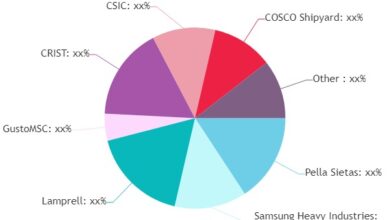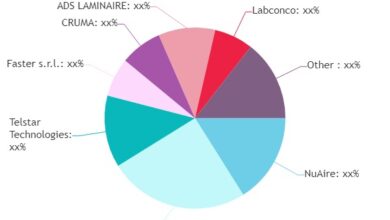Seagrass fisheries a reliable safety-net for poor, study shows
According to a new study, seagrass fisheries are a reliable safety-net for the poor fishermen with the fisheries being able to supply large fish catches over a period of time – even more than the coral reefs.
Fishermen in the Indo-Pacific region depend on seagrass meadows for their catches and reality is that these meadows offer food and livelihood to millions of households. The new study investigated how and why households use seagrass meadows across Cambodia, Tanzania, Sri Lanka and Indonesia in the Indo-Pacific region by conducting interviews that asked what habitats they used and which they preferred.
Researchers asked fishermen why they preferred seagrass, they expressed a general feeling of reliability: seagrass meadows always provide large catches and fish and invertebrates are always found there. This is likely due to the ecological role that seagrass meadows play for fish. They provide valuable nursery habitats with lots of places for fish to hide and grow which means that there is often a high abundance of fish present.
The study also revealed that 3 in 20 people across the region were reliant on seagrass meadows as their fishing ground and did not fish anywhere else. The research from households in 147 villages also revealed that reliance on seagrass meadows was strongly influenced by household income:
“Household income had two different effects. On one hand, poorer households were less likely to own motorboats. These were reliant on seagrass as they were unable to fish elsewhere, seagrass is close to shore and easy to access without a motor. On the other hand, wealthier households were more likely to own certain types of fishing gear that incentivized them to use seagrass due to high rewards and low effort requirements. These were static fishing fences that don’t require a fisherman to be present” says Benjamin Jones, a director of the marine conservation and research organisation at Stockholm University.
Study co-author Leanne Cullen-Unsworth, Project Seagrass, says “Our results highlight the need for empirical household scale data for management of seagrass meadows. People use and value seagrass for many different reasons so safeguarding seagrass is vital to ensure that all people, all of the time, have equitable and equal access to the resources seagrass provides.”


